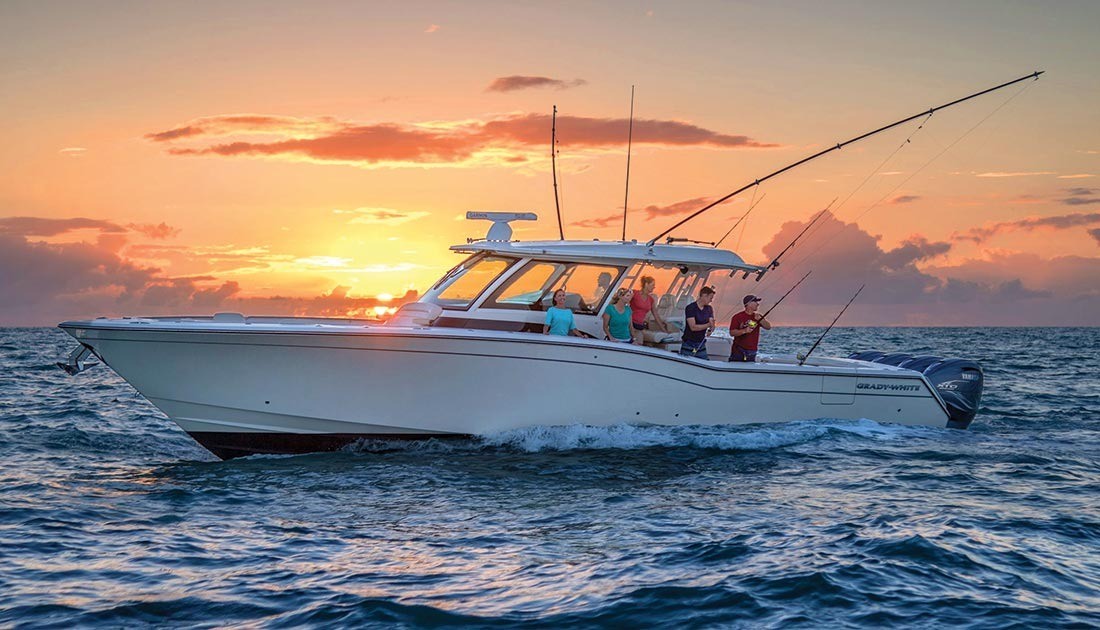The best type of battery for your boat depends on the specific requirements of your boat and how you intend to use it. There are several types of batteries commonly used in boats, and each has its advantages and disadvantages. Here are some of the most common types:
1. Lead-Acid Batteries:
- Flooded Lead-Acid (FLA) Batteries: These are the traditional, deep-cycle batteries commonly used in boats. They are relatively inexpensive but require regular maintenance, including checking water levels and keeping them properly charged.
- Absorbent Glass Mat (AGM) Batteries: AGM batteries are a type of sealed lead-acid battery. They are maintenance-free, provide good performance, and can handle deep discharges. They are a popular choice for boaters.
2. Gel Batteries:
- Gel batteries are another type of sealed lead-acid battery. They are maintenance-free and can handle deep discharges. They are less susceptible to vibration and can be mounted in various positions.
3. Lithium-Ion Batteries:
- Lithium-ion batteries are becoming increasingly popular for boats due to their high energy density, lightweight design, and longer lifespan compared to lead-acid batteries. They require minimal maintenance and can be discharged more deeply without harming the battery.
4. Lithium Iron Phosphate (LiFePO4) Batteries:
- LiFePO4 batteries are a specific type of lithium-ion battery known for their safety and longer cycle life. They are an excellent choice for boats where safety and reliability are paramount.
When choosing a battery for your boat, consider the following factors:
Capacity: Determine your power needs and choose a battery with an appropriate capacity (measured in ampere-hours, Ah) to meet those needs.
Type of Use: Consider whether you need a starting battery, deep-cycle battery, or a dual-purpose battery. Starting batteries provide quick bursts of power for engine starting, while deep-cycle batteries are designed for continuous, slow discharge.
Space and Weight: Consider the available space and weight capacity on your boat. Lithium-ion batteries are generally more compact and lightweight than lead-acid batteries.
Charging System: Ensure your boat's charging system (alternator, solar panels, shore power charger, etc.) is compatible with the type of battery you choose.
Budget: Different battery types vary in cost. Consider your budget when selecting a battery.
Maintenance: Decide whether you want a maintenance-free battery or are willing to perform regular maintenance on a flooded lead-acid battery.
Ultimately, the best battery for your boat will depend on your specific needs, so it's a good idea to consult with a marine battery specialist or a boat manufacturer to determine the most suitable battery for your boat and intended use. To do this, simply contact us and we will be happy to help.

